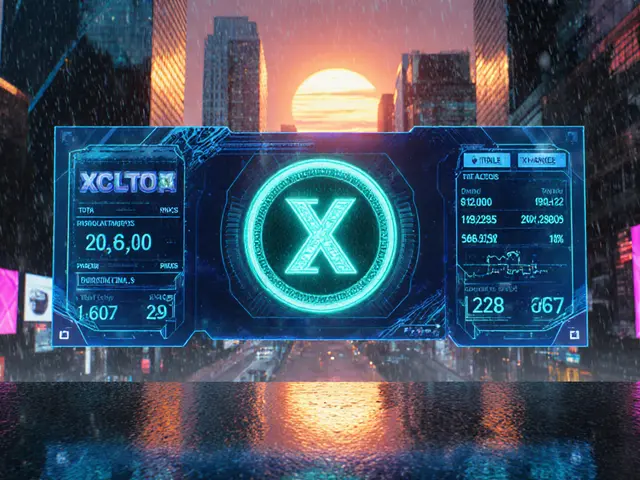Indonesia Crypto Law – What You Need to Know
When talking about Indonesia crypto law, the set of rules governing digital assets, exchanges, and token projects in Indonesia. Also known as Indonesian crypto regulation, it shapes how investors, startups, and financial institutions operate in the crypto space. To make sense of it, you’ll also run into the Financial Services Authority (OJK), the regulator that issues licences to crypto exchanges and token issuers and Bank Indonesia, the central bank that oversees stablecoin usage and monetary impact. These bodies together form the backbone of compliance, and understanding them clears up most confusion about what the law actually demands.
Key Components of the Law
The law breaks down into three main pillars: licensing, anti‑money‑laundering (AML) rules, and consumer protection. First, any platform that lets users trade or hold crypto must obtain a licence from OJK. This licence outlines capital requirements, reporting duties, and technical standards. Second, AML obligations borrow heavily from FATF, the global body that sets AML/CTF standards for digital assets. Indonesia has adopted the FATF Travel Rule, meaning exchanges must share sender and receiver details for transactions above a low threshold. Finally, consumer protection measures, inspired by Australian and Singaporean models, require clear disclosures about fees, risks, and token classifications. Together, these components ensure the ecosystem stays transparent and secure.
Licensing isn’t just a paperwork step; it dictates who can legally offer services. For example, a new DeFi platform that wants to launch a token must submit a white‑paper review, proof of reserve, and a KYC framework to OJK. Once approved, the platform can advertise its services, but it must still follow AML checks set by Bank Indonesia for stablecoins. This chain of oversight creates a clear line: Indonesia crypto law requires licensing, and licensing is overseen by OJK. The law also mandates that AML compliance is overseen by Bank Indonesia, linking national monetary policy to global AML standards.
In practice, compliance looks like a set of technical steps. Exchanges integrate identity verification tools to capture name, address, and source of funds. They also embed transaction monitoring software that flags large or suspicious moves, then report these to the Financial Transaction Reports and Analysis Centre (PPATK). For stablecoins, Bank Indonesia requires proof that each token is fully backed by fiat reserves, and that reserve audits are published quarterly. These requirements echo the EU Travel Rule zero‑threshold guidance and Singapore’s Payment Services Act, showing how Indonesia aligns with international best practices.
Beyond the big regulators, the law also touches on market infrastructure. Crypto wallets must be encrypted and provide users with private key control unless the wallet is custodial, in which case the custodian must hold a separate licence. Token issuers need to label their assets—security, utility, or commodity—based on the Economic Activities Classification. This labeling determines tax treatment and whether the token falls under securities law, a nuance that mirrors the Australian consumer protection reforms.
For everyday users, the most visible impact is the need for KYC before trading. When you sign up on a local exchange, you’ll upload ID documents, a selfie, and sometimes proof of address. The platform then runs these through a compliance engine that checks against sanctions lists and suspicious activity patterns. If you’re a developer building a DeFi app, you’ll need to integrate OJK‑approved AML APIs and possibly register as a service provider with Bank Indonesia if your app handles stablecoins.
All these pieces—licensing, AML, consumer safeguards—form a network of rules that keep Indonesia’s crypto market orderly while still encouraging innovation. Below you’ll find articles that dig deeper into each area, from detailed guides on OJK licensing to comparisons with Singapore and EU regulations. Whether you’re a trader, a developer, or just curious about how Indonesia handles digital assets, the collection offers practical insights you can act on right away.




